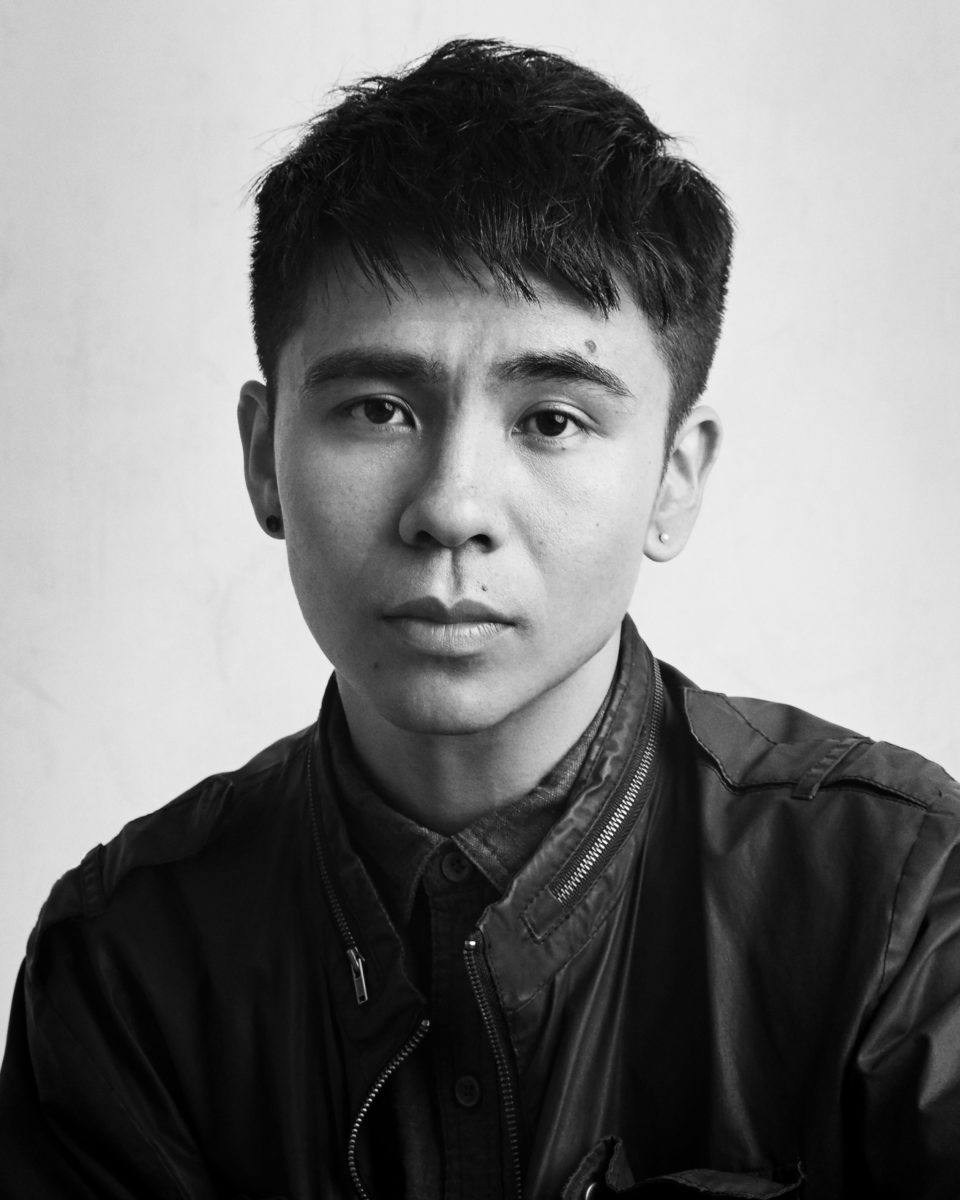5 Asian American Poets You Should Know
Photo by Tom Hines
Asian American representation in poetry spans a wide range of generations, regions, and cultures. Contributions have been made by Asian Americans for at least a century, but only in the last fifty years have they begun to take a place on the mainstage. To celebrate the poets who’ve brought Asian American perspectives to the forefront of poetry, we’ve made a list of 5 incredibly influential Asian American poets.
Garrett Hongo
A fourth-generation Japanese-American poet, Garrett Hongo draws on his own experiences and Japanese American history. Hongo has published three books of poetry: Yellow Light (1982), The River of Heaven (1988), and Volcano: A Memoir of Hawai’i (1995). While all three collections were well-received, River of Heaven skyrocketed Hongo into center stage after becoming a Lamont Poetry Selection and a finalist for the Pulitzer Prize for Poetry. New York Times-bestselling poet Ocean Vuong cites Hongo as one of his earliest influences. “Hongo’s poems were the welding of stories and words and writing all at once. His very existence permissioned me into the possibility of my own writing,” he told Lit Hub.
Recommended poem: “The Legend”
Vijay Seshadri
This Bangalore-born and Ohio-raised poet, essayist, and literary critic won the 2014 Pulitzer Prize for Poetry after publishing his collection 3 Sections. In addition, he authored The Long Meadow (2004) and Wild Kingdom (1996). While his influences include the likes of Walt Whitman, Emily Dickinson, and William Blake, his background and upbringing also play a huge role in his work. “My race is certainly central to my life, as is India, but I was also a creature of the nineteen-sixties, and that’s been a huge thing. It has shaped my consciousness and my attitudes… I feel that the inner experience I had was racial and Indian, but it was also the inner experience of mid-century America,” he told The New Yorker.
Recommended poem: “The Disappearances”
Kimiko Hahn
The author of nine books of poetry, a Guggenheim Fellow, and PEN/Voelcker Award-winner (just to name a few), Kimiko Hahn is one of the most well-known names in American poetry today. Hahn’s upbringing is split between Pleasantville, New York, and Tokyo, Japan. As a teen, she was largely involved in the New York City Asian American movement. Hahn is known for exploring the intersection of conflicting identities in her work, as her racially mixed background and appearance made her to be perceived as Asian by her American schoolmates, and American by her Japanese schoolmates. In addition to her exploration of race and body politics, her work often delves into themes of gender, feminism, violence, and grief.
Recommended poem: “The Ashes”
Victoria Chang
Chang was born in Detroit Michigan to Taiwanese immigrant parents. Victoria Chang’s 2017 collection Barbie Chang made waves in the literary community with its sharp language and honest yet humorous commentary. Its exploration of liminal states and restrictive roles of femininity is no stranger to her work. In an interview with Lit Hub, Chang shares that she felt very visible, yet totally invisible as she was bullied as a person of color in a predominately white town. “I feel immensely grateful to those people that bullied me, not to say I would necessarily thank them today, but I don’t know if I would be a writer if I were not bullied,” she said. Chang is the author of five poetry collections and two children’s books, a Guggenheim Fellow and Pushcart Prize-winner.
Recommended Poem: “Barbie Chang’s Tears”
Ocean Vuong
A new American literary sensation, the bestselling poet and novelist Ocean Vuong was born in Saigon and raised in Hartford, Connecticut. His upbringing informs much of his work, as he explores transformation, desire, grief, war, and melancholia. His debut poetry collection, Night Sky with Exit Wounds (2016) was widely acclaimed by critics, winning a Whiting Award, a Publishing Triangle’s Thom Gunn Award, Kate Tufts Discovery Award, and Lambda Literary Award. His 2019 novel, On Earth We’re Briefly Gorgeous, followed suit as one of 2019’s most anticipated books of the year.
Recommended poem: DetoNation




